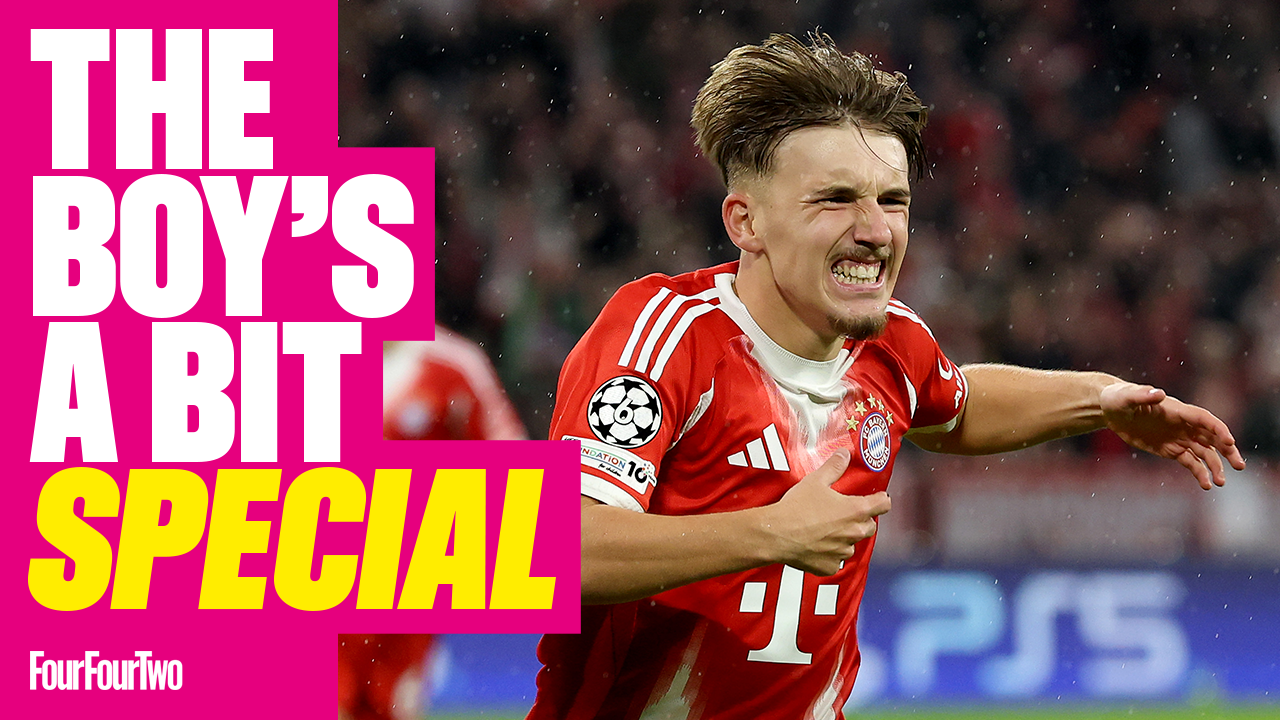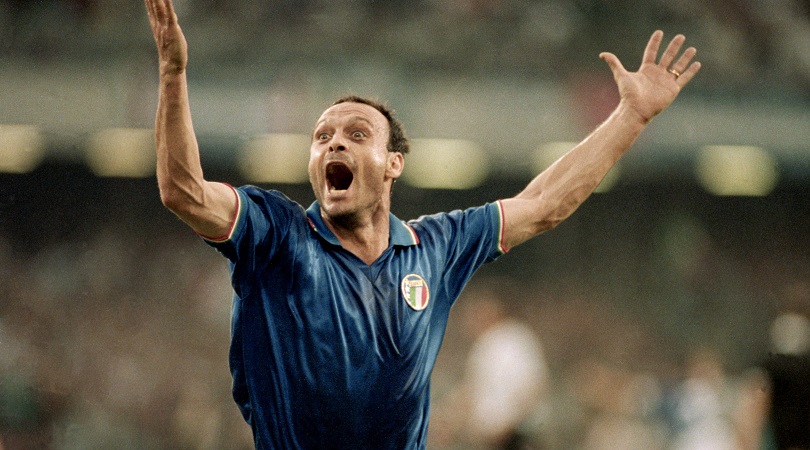
World Cup wildcards
Some of the World Cup wildcards in this slideshow made their international debuts during the tournament itself. Others went in as fringe players unsure of their places but came out the other end as bona fide stars.
Two came in from the cold, one returned from a ban and another from retirement. Three lifted the trophy; all reached at least the quarter-finals. Good work, lads…
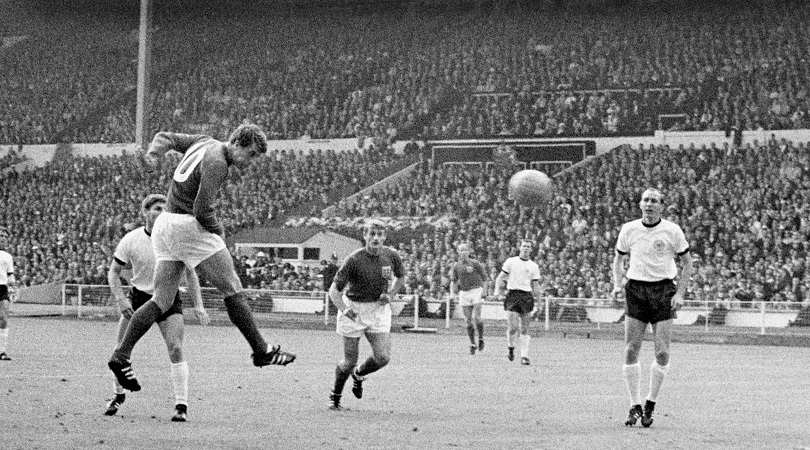
Geoff Hurst (1966)
Competition for places up front in Alf Ramsey’s England squad was fierce, and Hurst only made his debut for the national team in February 1966 – just over four months before the World Cup was set to begin on home soil.
The West Ham striker started out as back-up to the preferred partnership of Jimmy Greaves and Roger Hunt, but injury to the former paved the way for Hurst’s decisive contributions. He got the winner against Argentina in the quarter-final, and his hat-trick in the final (despite Greaves being fit by that point) has iconic status in English football.
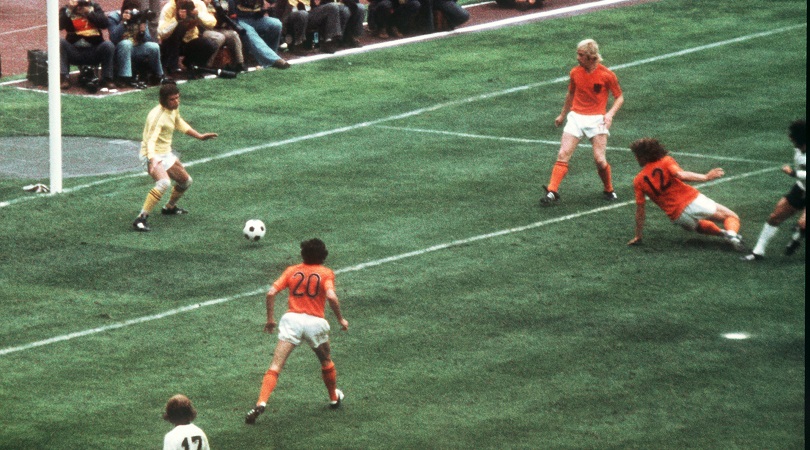
Jan Jongbloed (1974)
A stalwart figure over 17 years at FC Amsterdam, Netherlands goalkeeper Jongbloed made his debut for the national team way back in 1962 and had only picked up one more cap before the World Cup started.
Although he was older than both of his rivals for the goalkeeper’s position – Piet Schrijvers and Eddy Treijtel – Jongbloed had played fewer times for the Netherlands than either. His two rivals were more conventional shot-stoppers, but the recalled Jongbloed was preferred by Rinus Michels for his ability to sweep up behind the defence. He started all seven games in the tournament, conceding just once en route to the 2-1 loss to West Germany in the final.
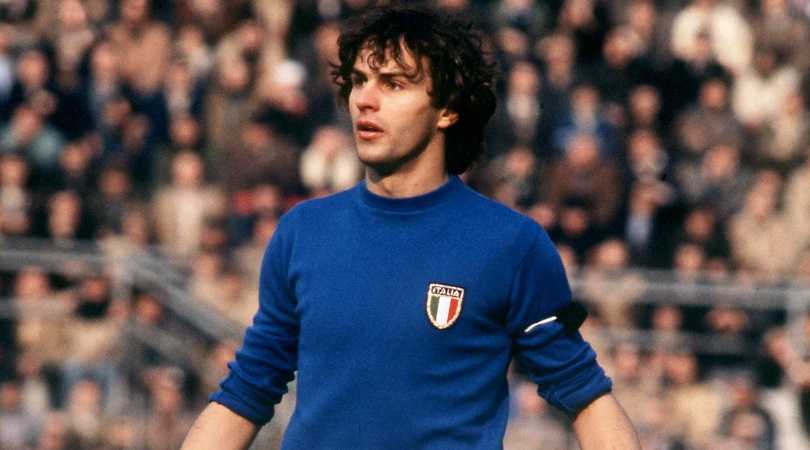
Antonio Cabrini (1978)
A surprise call-up in the summer of 1978, Cabrini made his international debut in Italy’s opening group game against France. They won 2-1 and the 20-year-old Juventus left-back kept his place all the way through the tournament in Argentina, with the Azzurri going on to finish fourth after losing the third-place play-off to Brazil.
Cabrini made a fine impression and won the tournament’s award for best young player. He later proved he was more than a flash in the pan, becoming an Italy mainstay for almost a decade and winning the World Cup in 1982.
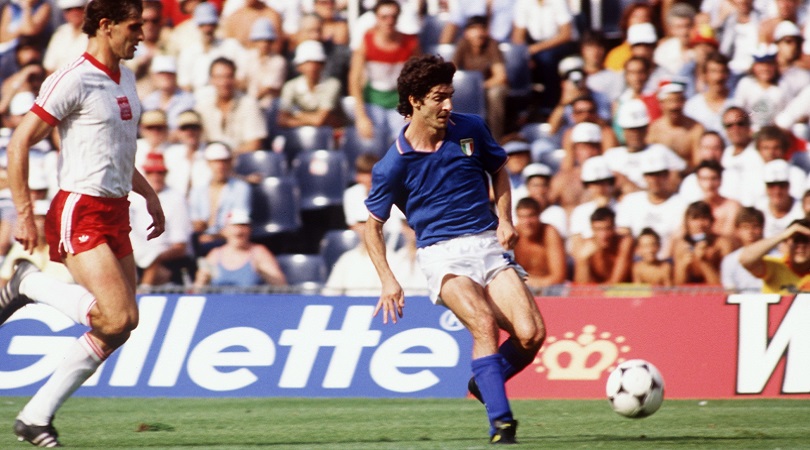
Paolo Rossi (1982)
Rossi was a contentious selection in 1982, having recently returned from a two-year ban for his part in an alleged betting scandal. He made his comeback in the final few games of the 1981-82 season and went to the World Cup despite concerns that he was out of form and in poor physical condition.
The Italian team, and Rossi in particular, laboured their way through the first group phase but came alive thereafter. Manager Enzo Bearzot resisted calls to drop Rossi and the striker repaid his manager’s faith with a hat-trick against Brazil, both goals in the 2-0 semi-final victory over Poland and an effort in the final as Italy beat West Germany 3-1. Those six strikes earned Rossi the Golden Boot.
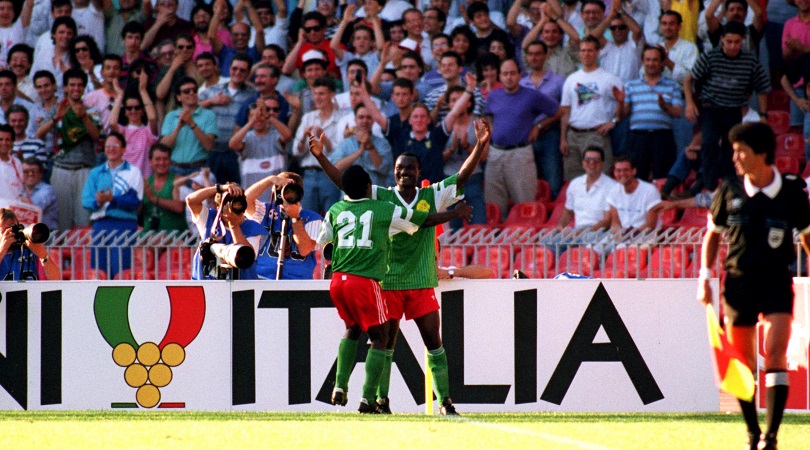
Roger Milla (1990)
The 38-year-old striker had retired from professional football, seemingly content to settle for a quiet life on the island of Reunion, when the phone call came. It was Cameroonian president Paul Biya, insisting that his country’s leading goalscorer make a dramatic return to action at Italia '90.
The coach and some of his team-mates weren’t keen on the idea at first, but Milla soon proved his worth on a remarkable run to the last eight. Coming off the bench, he scored twice to beat Romania in a decisive group game, before grabbing another brace to see off Colombia in the second round. Milla then netted a penalty against England, but the Indomitable Lions lost 3-2 and exited at the quarter-final stage.
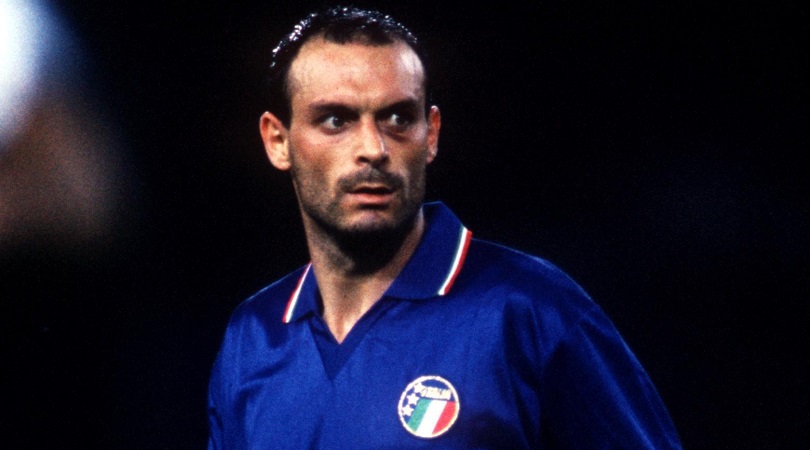
Toto Schillaci (1990)
Although Schillaci’s international career only lasted a little over a year, it left an enduring mark on the Italian consciousness. A sharp but technically limited striker, he came and went in the blink of an eye, yet defined a World Cup along the way.
Despite a brief and uneventful international debut in a friendly against Switzerland in March 1990, Dino Zoff had seen enough to include him in his squad for that summer’s tournament on home soil. Schillaci scored the winner in Italy’s opening match against Austria, before finding the net against Czechoslovakia, Uruguay, Ireland, Argentina and England to win the Golden Boot as the Azzurri finished third.
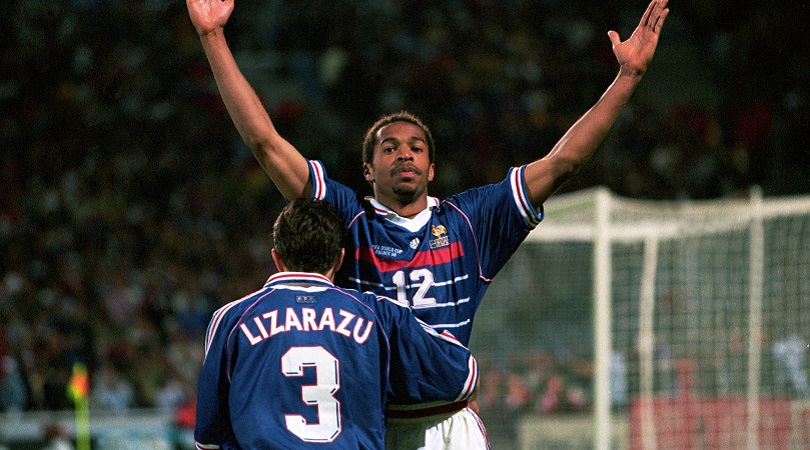
Thierry Henry (1998)
Henry was given the nod ahead of Nicolas Anelka for the 1998 World Cup despite failing to find the net in his first three international appearances. All that changed once the competition got under way, though, with the 20-year-old starting and scoring in France’s opening game against South Africa, before notching a double against Saudi Arabia.
Although Henry didn’t add to his tally after that, he was still the eventual winners’ top scorer in the tournament and converted a crucial spot-kick in the shoot-out win over Italy at the quarter-final stage.
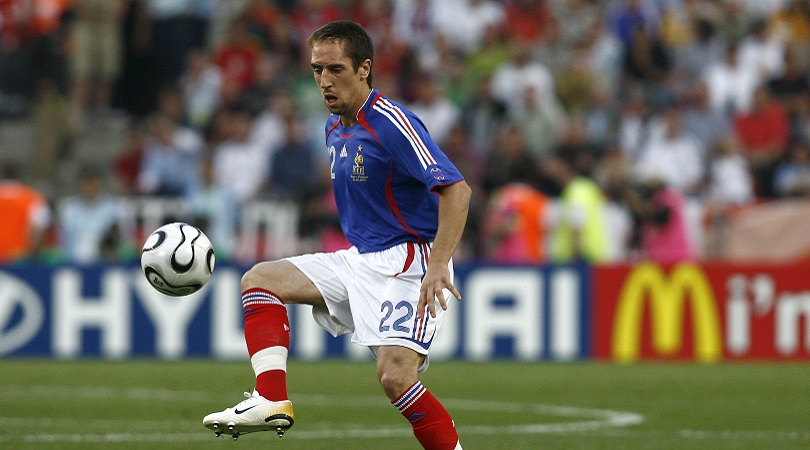
Franck Ribery (2006)
Despite having been called up for pre-tournament friendlies against Mexico, Denmark and Chile (making brief cameos in each), it was expected that Ribery would be used as little more than an impact substitute at the 2006 World Cup. Somewhat surprisingly, he started all but one of France’s seven matches as they made it to the final, only to lose on penalties to Italy.
Ribery scored a crucial equaliser against Spain in the second round, running onto Patrick Vieira’s through-ball and rounding Iker Casillas to tap home. By the end of the competition, the 23-year-old was regarded as one of European football’s brightest prospects.
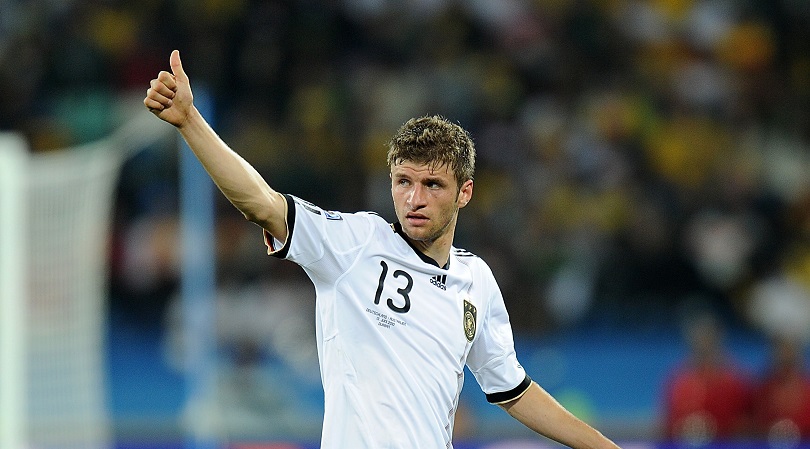
Thomas Muller (2010)
Upon his appointment as Bayern Munich manager in 2009, Louis van Gaal set about overhauling a squad that had endured a trophyless season under Jurgen Klinsmann. The Dutchman turned a couple of unheralded young players, Muller and Holger Badstuber, into first-team fixtures as Bayern won the Double and reached the Champions League final.
Muller had only picked up two international caps before the World Cup but was thrown in at the deep end. He thrived, winning the Golden Boot after scoring five goals (including two against England) and providing three assists as Germany reached the semi-finals.

Kevin-Prince Boateng (2010)
Boateng had been a Germany youth international up until 2009, when he announced that he no longer had an interest in representing the country of his birth. Ghana had previously been in touch about taking him to the 2006 World Cup, and four years later they were successful as the midfielder transferred his allegiance in time for the 2010 edition.
The uncapped 23-year-old was a revelation, playing with vigour and purpose in Ghana’s engine room. He scored an impressive solo goal against the USA in the second round, but the African side were knocked out by Uruguay on penalties in the quarter-finals.
Greg Lea is a freelance football journalist who's filled in wherever FourFourTwo needs him since 2014. He became a Crystal Palace fan after watching a 1-0 loss to Port Vale in 1998, and once got on the scoresheet in a primary school game against Wilfried Zaha's Whitehorse Manor (an own goal in an 8-0 defeat).
 Join The Club
Join The Club











